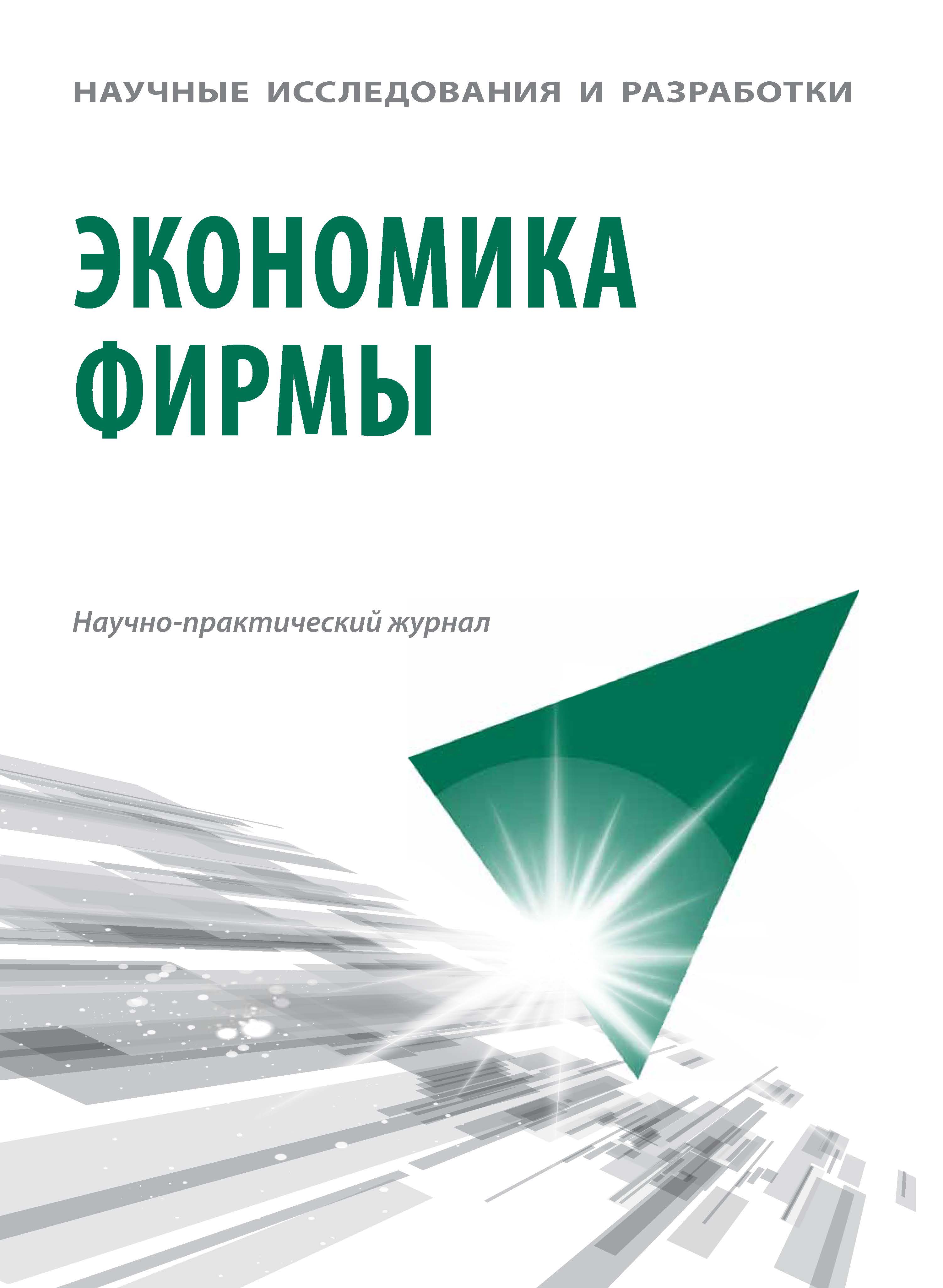from 01.01.2009 until now
The article analyzes the basic strategies and business models of international commodity trade. The success factors of the organization of an effective system of commodity sales are highlighted: 1) a reliable network of global communication, which is provided by highly qualified personnel; 2) the ability to attract resources in international financial markets; 3) control over the objects of the basic logistics infrastructure of cross-border trade; 4) timely digital transformation of business. The article concludes that the current organizational mechanism for cross-border commodity trade is based on the following key success factors: an effective network of global business contacts, access to Bank financing and risk hedging tools, qualified personnel, and effective digitalization of business processes. The intersection of the competencies that lie in these planes allows us to obtain a stable competitive advantage in the most important commodity markets for the world economy. From a practical point of view, the greatest synergy of the key success factors of cross-border trade is achieved in the main hubs, which is important to take into account when implementing projects to build organizations that are competitive in foreign markets.
commodity trading, trading hubs, international trade, trade finance, digitalization
1. Meaning of commodity in English // Cambridge Dictionary. URL: https://dictionary.cambridge.org/dictionary/english/commodity (data obrashcheniya: 24.04.2020).
2. Trifonova P. UC Rusal zaklyuchit novyj gigantskij kontrakt s Glencore [Rusal will sign a new giant contract with Glencore]. Vedomosti. Aprel' 2020. № Onlajn [Vedomosti. April 2020. No. Online].
3. Stein J. Securitization, shadow banking & financial fragility // Daedalus, Vol. 139, No. 4, 2010. pp. 41-51.
4. Gennaioli N., Shleifer A., Vishny R. A Model of Shadow Banking // The Journal of Finance, Vol. 68, No. 4, Augest 2013. pp. 1331-1363.
5. Huang W. Commodity Finance. Principles and Practice. Hampshire : Harriman House, 2019. 330 pp.
6. Pirrong C. The Economics of Commodity Trading Firms, Univesity of Houston, Houston, 2014.
7. KPMG. Clarity on Commodities Trading, KPMG Holding AG/SA, London, 2015.
8. Terazono E. Commodity trading enters the age of digitisation // Financial Times. July 10 2018. No. Online.
9. De Sousa A., Hoffman A. Glencore Joins Agriculture Majors in Technology Initiative // Bloomberg. 2019. URL: https://www.msn.com/en-us/money/companies/glencore-joins-agriculture-majors-in-technology-initiative/ar-AAHwVGK (data obrashcheniya: 26.04.2020).
10. Morris N. Blockchain startup dltledgers processes more than $3 billion in trade finance // Ledger Insights. 2020. URL: https://www.ledgerinsights.com/blockchain-startup-dltledgers-processes-more-than-3-billion-in-trade-finance/ (data obrashcheniya: 26.04.2020).
11. Banker R., Mitra S., Sambamurthy V. The Effects of Digital Trading Platforms on Commodity Prices in Agricultural Supply Chains // MIS Quarterly, Vol. 35, No. 3, September 2011. pp. 599-611.






